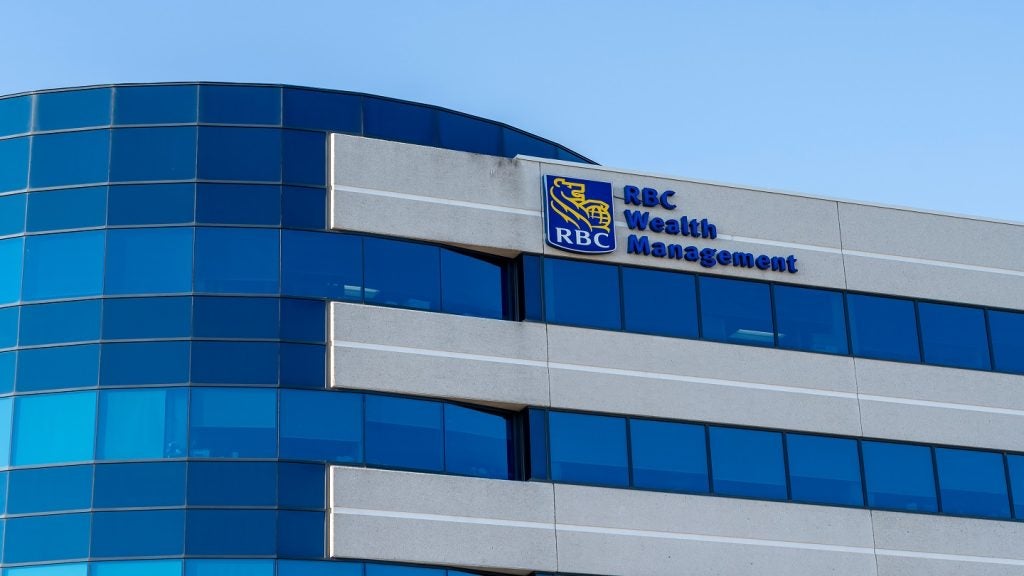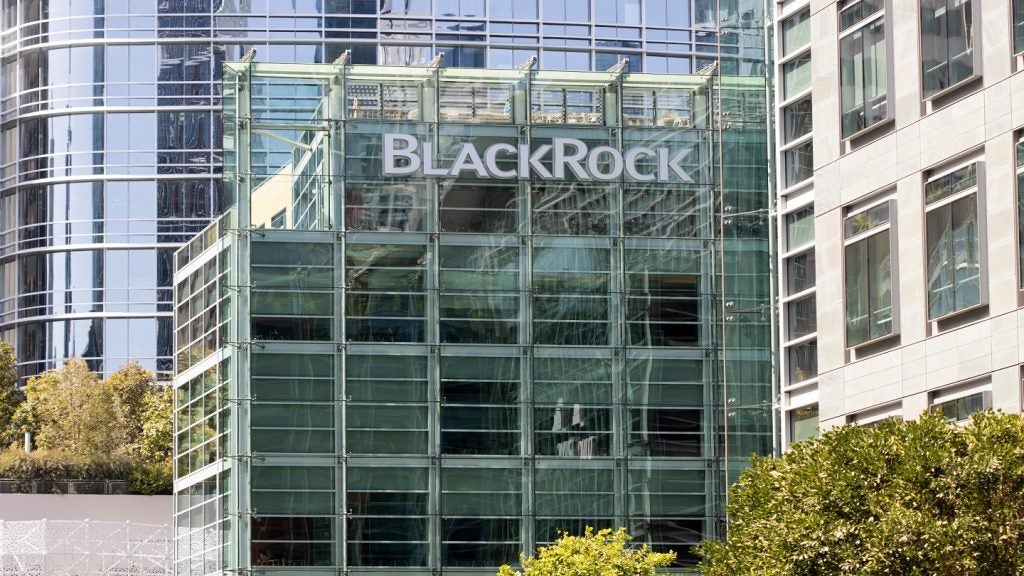
Schroders Capital, the Schroders Group’s private markets division worth about $94bn, has launched the commencement of an unique tokenisation project aimed at improving the way insurance-linked securities (ILS) assets are invested and managed.
A relationship with Hannover Re, a multinational reinsurance company, served as proof of concept.
The pilot project builds on Schroders Group’s approach to digital asset innovation and leadership, which began last year with its participation in the Monetary Authority of Singapore’s Project Guardian and the European Investment Bank’s inaugural GBP Digital Bond issue.
The effort with Hannover Re, which Schroders tested internally exclusively, effectively permitted reinsurance contracts to be tokenised and transacted on a public blockchain platform using smart contracts. Each token signifies a share in a portfolio of reinsurance contracts, showcasing how ILS funds could invest in the future through a digital eco-system.
Tokenising these contracts has enabled the automation of numerous time-consuming operations, due to the consistent scrutiny of investment professionals. Thus, the pilot group was able to improve the investing process by automating subscriptions and shortening settlement times.
Additionally, by incorporating essential catastrophe insurance data sources into smart contracts, payments to the proper recipient are immediately initiated when certain natural catastrophes occur, such as US hurricanes or earthquakes or European windstorms.
Along with increasing accessibility by enabling tokens to be kept in investors’ personal digital wallets alongside other digital assets, the pilot also showed promise for a better customer experience. Transparency has also increased with the deployment of a public blockchain, all the while enabling the application of suitable governance and controls.
Moreover, earlier this year, Schroders Capital reported that its ILS team is currently managing over $5bn in funds, as customer demand continues to rise.
The ILS team is part of Schroders Capital’s Private Debt and Credit Alternatives (PDCA) business, which was created last year and already manages more than $30bn in assets.
This initiative was the culmination of over a year of partnership between Schroders, Hannover Re, and the i.AM Innovation Lab, overseen by the Guernsey Financial Services Commission (GFSC).
Stephan Ruoff, co-head of private debt and credit alternatives, Schroders Capital, said: “The success of this pilot showcases the immense potential for enhancing transparency, streamlining investment processes and improving client experience in the reinsurance sector. It paves the way for a more interconnected and efficient digital ecosystem, and we are looking forward to exploring the broader application to wider investment scenarios and clients.”
Henning Ludolphs, managing director retrocession & capital markets, Hannover Re, added: “This proof of concept was a great opportunity to understand the capabilities of blockchain technology when applied to the reinsurance market. With strong governance and embedded compliance in place, the pilot also showed that the regulatory and operational risks around blockchain are similar to those of other market transactions. While this is an emerging technology, we anticipate more appetite for blockchain-enabled investments in the future, and this pilot prepares us well to evolve our approach to generate further retrocession capacity via a different source.”







